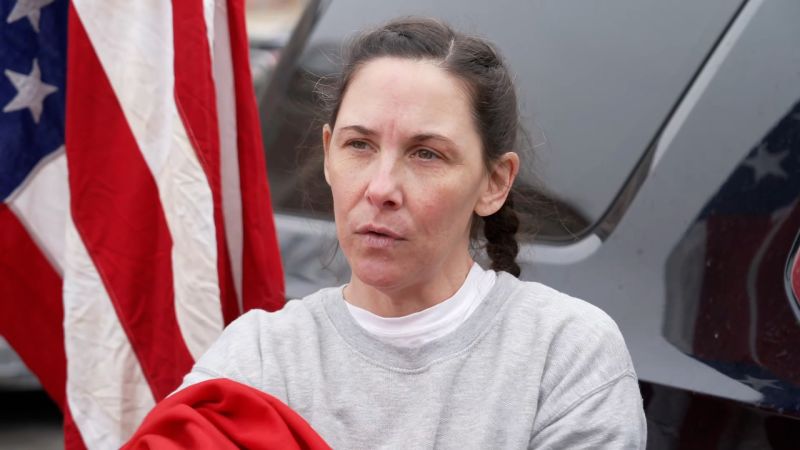Inside the Pardons: Donie O'Sullivan's Exclusive Interviews with January 6 Defendants

In the aftermath of the January 6 Capitol riot, CNN senior correspondent Donie O'Sullivan delved deep into the stories of those who found themselves at the center of one of the most controversial moments in recent American political history. His investigation focused on the January 6 defendants who received presidential pardons from Donald Trump, uncovering a complex narrative of political turmoil, personal consequences, and presidential intervention.
O'Sullivan's interviews revealed a nuanced perspective on the individuals caught in the crosshairs of a tumultuous political moment. Each pardoned defendant carried a unique story - some expressing gratitude for Trump's intervention, while others grappled with the lasting implications of their involvement in the Capitol events.
The investigation shed light on the personal and legal challenges faced by those who participated in the January 6 protests, offering viewers an intimate look into the human stories behind the headlines. Through candid conversations, O'Sullivan captured the raw emotions, personal reflections, and ongoing impact of that fateful day.
These pardons represented more than just legal reprieve; they were a testament to the deep political divisions that continue to shape American society, highlighting the complex intersection of political loyalty, personal choice, and legal consequences.

